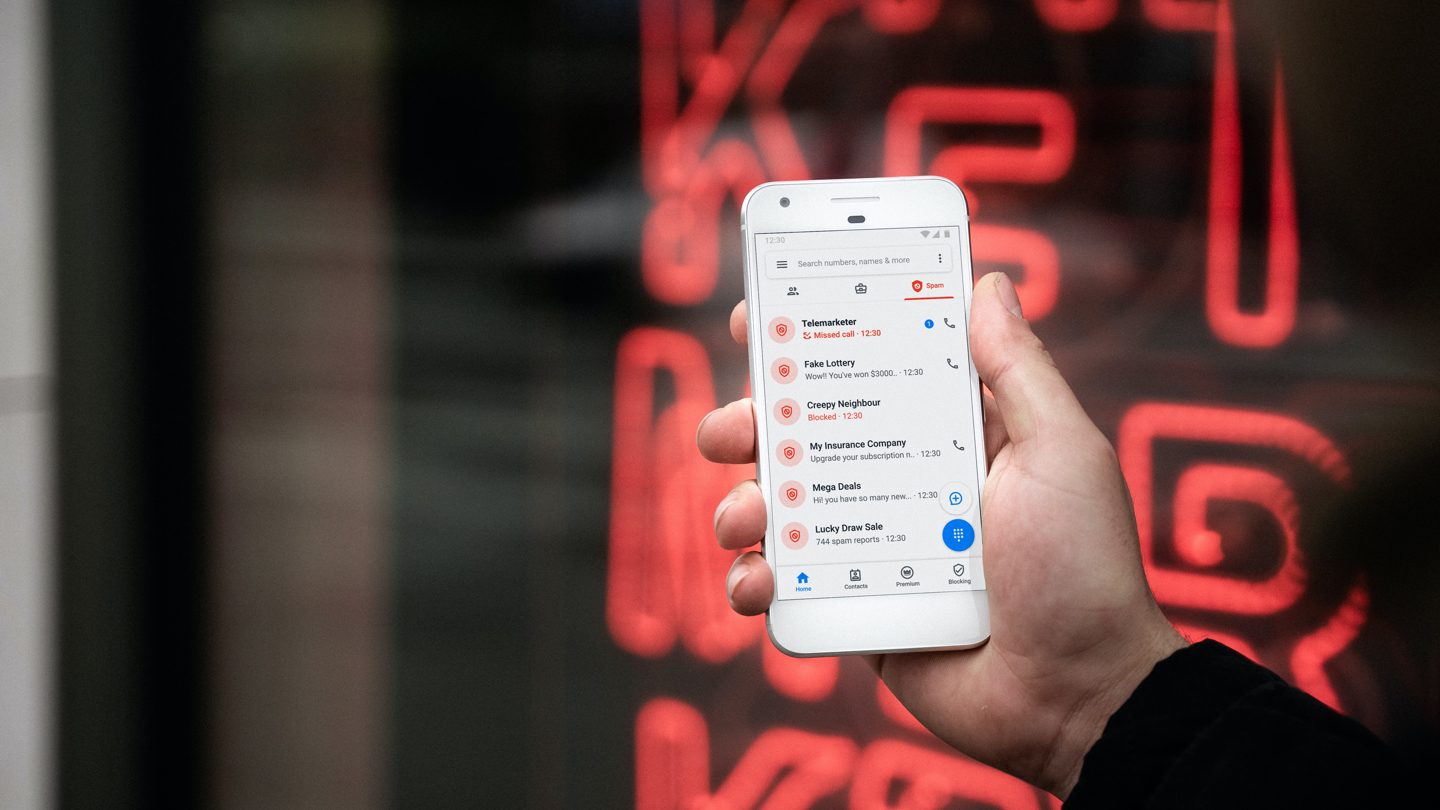
Starlink premium satellite broadband tier, James Bond travel guide & $415m Valentine’s Day spend: This week’s best banking news
All in this week’s best banking news recap: editor’s pick.
Read More
All in this week’s best banking news recap: editor’s pick.
Read More
Like the wacky family in your favourite Christmas movie, it's time to find the perfect Christmas tree!
Read More
All in this week’s best banking news recap: editor’s pick.
Read More
All in this week’s best banking news recap: editor’s pick.
Read More
All in this week’s best banking news recap: editor’s pick.
Read More
All in this week’s best banking news recap: editor’s pick.
Read More
All in this week’s best banking news recap: editor’s pick.
Read More
All in this week’s best banking news recap: editor’s pick.
Read More
Treasurer Josh Frydenberg will hand down the Federal Budget on Tuesday, May 11. In short, the Budget estimates the government’s revenue and spending for each fiscal year. It also considers what's important or valuable to our nation at a given point in time.
Read More
All in this week’s best banking news recap: editor’s pick.
Read More